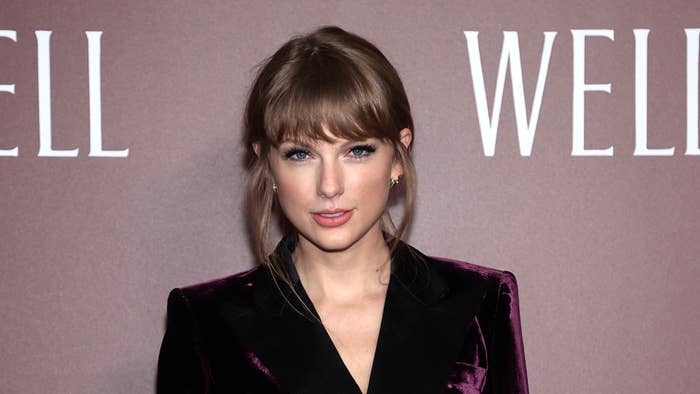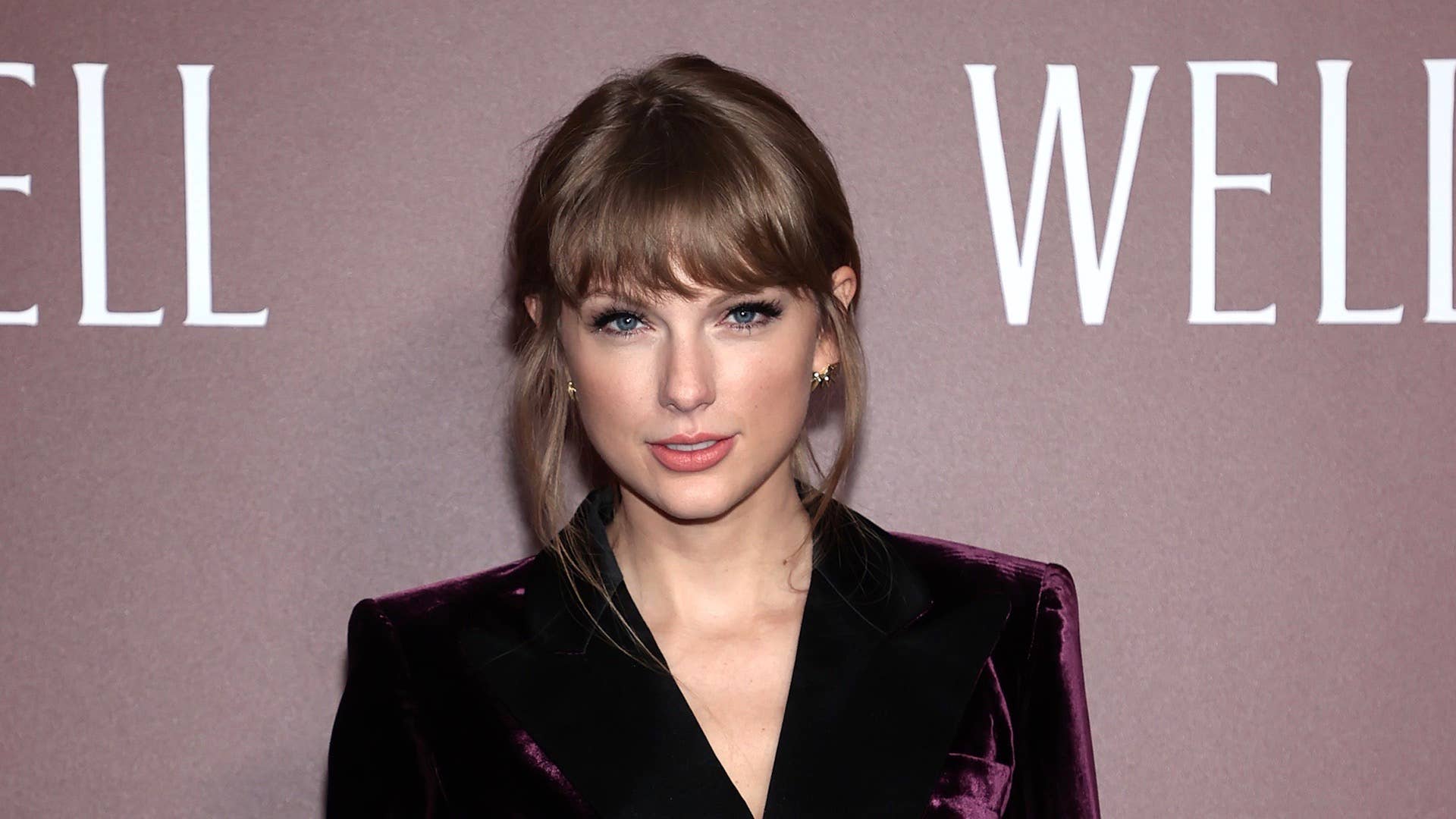
Taylor Swift’s record label, Universal Music Group, has reportedly tightened restrictions on re-recordings.
According to the Wall Street Journal, UMG has upped its efforts to protect its investments in artists during a time when recording and distributing music has become significantly easier. Sources tell the publication that the imprint has revised some of its contracts to extend the amount of time in which an artist is prohibited from rerecording their work.
The report comes just a day after Swift delivered Red (Taylor’s Version), marking the second release in her ongoing reissue series. The Grammy-winning singer made the decision to re-record her first six albums after her failed attempts to purchase her masters from her ex-label Big Machine Records. Music executive Scooter Braun secured the rights to Swift’s masters after acquiring Big Machine in 2019. He ultimately sold them to Shamrock Holdings in late 2020.
“For years I asked, pleaded for a chance to own my work,” she wrote in a 2019 blog post. “Instead I was given an opportunity to sign back up to Big Machine Records and ‘earn’ one album back at a time, one for every new one I turned in. I walked away because I knew once I signed that contract, [Big Machine CEO] Scott Borchetta would sell the label, thereby selling me and my future [...] Never in my worst nightmares did I imagine the buyer would be Scooter.”
Swift claimed she tried to buy her masters from Braun and Ithaca Holdings, but they couldn’t agree on the terms of the deal. In 2019, she announced she would re-record all of her pre-Lover albums, and urged fans to stream the updated versions rather than the originals. According to WSJ, the first reissues—Fearless (Taylor’s Version) and the aforementioned Red (Taylor’s Version)— have outperformed the first iterations when it came to digital streams.
“What Taylor did is a game changer, not just for her fans, but for other artists. She is inspiring artists to re-record their songs and control their music,” Susan Genco, board member of artists’ rights group Music Artists Coalition and co-president of the Azoff Company told WSJ. “Taylor is leading by example: Showing fans and artists that it’s possible to take control of their future.”

